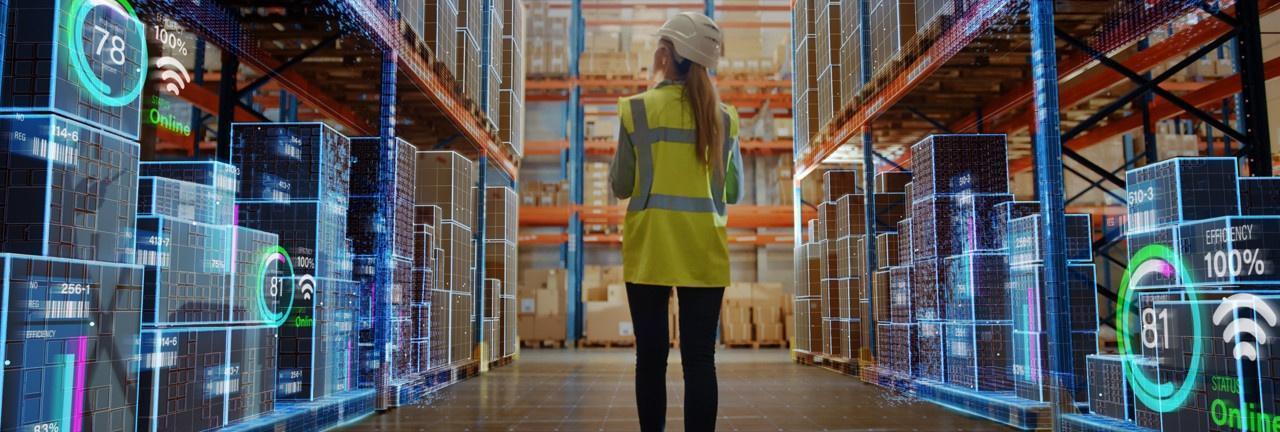Retail 4.0: Envisioning a new era of sustainable shopping
When it comes to building brand loyalty, customers increasingly expect the retailers they shop from - whether that's online, in person, or via click-and-collect - to demonstrate tangible efforts to operate in an ethical, sustainable, and environmentally friendly manner in everything they do.
This is especially important for retailers who wish to attract a new generation of shoppers, with Forbes having recently reported that 80% of surveyed millennials consider retailers' CSR efforts a deciding factor when deciding where to make a purchase. At the same time, retailers are increasingly under pressure from Government organisations to adopt greener approaches, which will often affect their ability to access Government funds.
There are numerous aspects to operating as a truly ethical retailer - both human and technological. For example, initiatives to minimise employees' required travel will help reduce carbon emissions and support the drive for net-zero. But for this blog, let's focus on technology, and how retailers can take advantage of recent developments in IT infrastructure to enhance sustainability…
Accelerate Cloud transformation projects
Explore the opportunities hidden within your data
We are currently witnessing the emergence of tomorrow's smart shops, with physical and digital assets effectively and securely integrated in order to optimise the customer journey and drive data-driven decision making. With so much data collated each day, there are numerous opportunities to identify new ways to reduce energy use and implement more sustainable ways of operating. For example, in store sensors can be utilised to regulate the temperature in store, ensuring it is kept at a comfortable level for customers minimising energy costs, monitor for leaks to minimise water waste, or automatically turn off in-store facilities (Wi-Fi and air conditioning, for example) after hours, when they will not be needed.
Minimise the waste of perishable products
For retailers who deal in any sort of perishable goods - food, for example - minimising waste is a critical priority from both an ethical and financial point of view. Automated monitoring of shelves, freezers, and stock rooms, of the sort described above, can play a huge role in cutting waste, but this can be taken further by putting systems in place to streamline the tracking of assets and monitoring temperature and lighting, adjusting them throughout the day to ensure storage environments remain fully optimised for perishable items, without requiring staff to manually check and adjust them at scheduled times each day. This helps minimise the risk of human error leading to spoiled stock, and frees staff to focus on more customer-centric activities.
Such systems can also provide customers with an additional level of value. If the expiry date for all stock is automatically monitored, then the pricing can be automatically adjusted for any items approaching their sell-by date, providing great value for customers, and minimising the amount of stock that needs to be thrown away.
Utilise green data centres
Consider this when evaluating potential technology partners.
Sustainability is an ongoing journey
The retail sector is constantly evolving, as are its sustainability challenges, which means making sustainability and environmental responsibility a fundamental part of their identities is not a one-off project for retailers. Instead, it should be thought of as an ongoing process, where every aspect of daily operations is considered, and incremental improvements made on a regular basis. Technology is very much the foundation of this approach, ensuring sustainability efforts do not come at the expense of the customer experience, and that data can be used to drive ongoing improvements and new initiatives.
If you would like to explore these concepts further, do not hesitate to contact us!
When you subscribe to the blog, we will send you an e-mail when there are new updates on the site so you wouldn't miss them.




